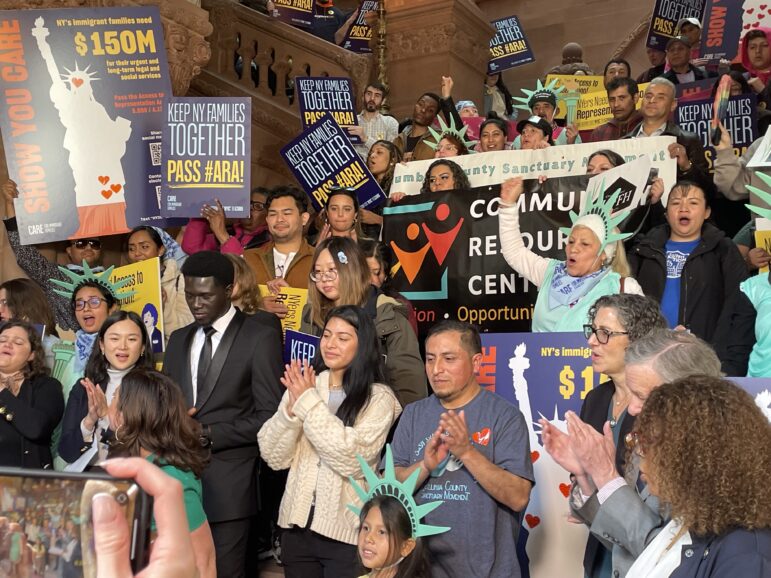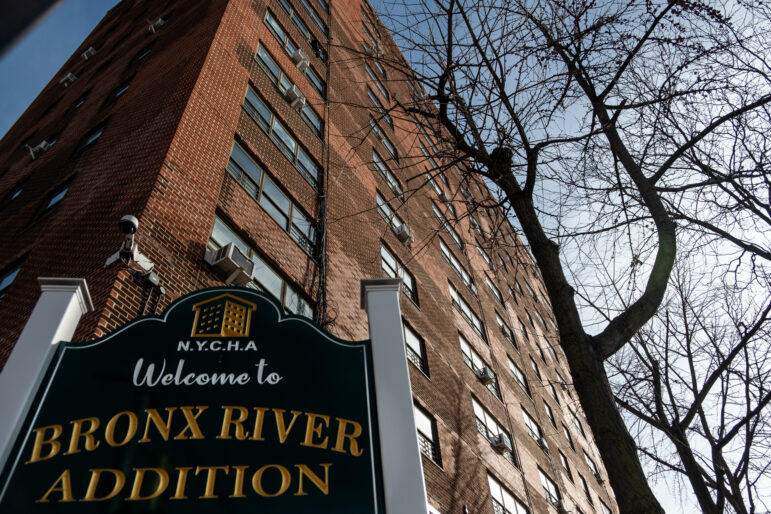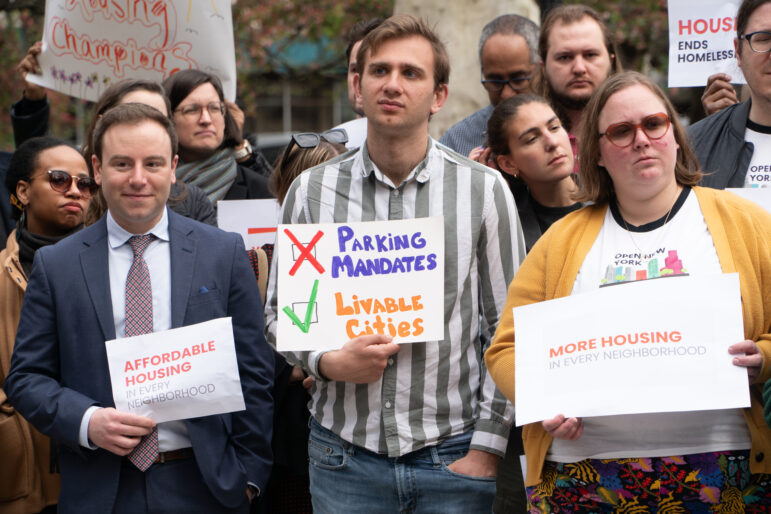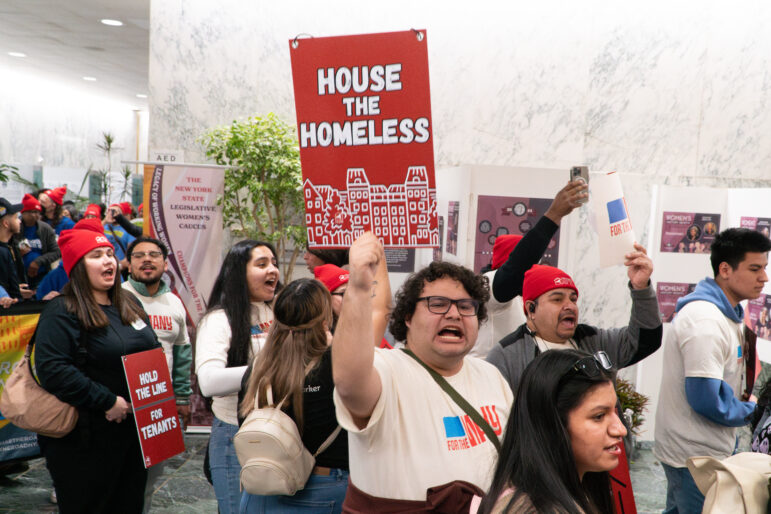New York’s hospitals will have to translate important medical documents and forms into any language spoken by more than one percent of the people in their service areas, according to new regulations proposed by the state Department of Health.
The regulations, which were developed in conjunction with the hospital industry and immigration advocates, were published in the state register on May 17th and could take effect within 45 days.
The proposed rules come a year after the New York Immigration Coalition filed complaints with the State Attorney General charging that four local hospitals violated people’s civil rights because they did not provide swift and accurate translation and interpretation for non-English-speaking patients. In addition, a study released this month by the New York Academy of Medicine showed that a majority of foreign-born New Yorkers said that language barriers often contributed to substandard care at local hospitals.
Among other requirements contained in the new rules:
Federal law already requires hospitals that receive federal funding (which most hospitals do if they treat any patients who receive Medicaid or Medicare) to provide all patients who do not understand English with translators. This does not necessarily mean keeping interpreters on staff, but can involve phone-based assistance.
The new rules create more direct lines of responsibility. “What this does is strengthen the ability to hold hospitals accountable,” said Adam Gurvitch, director of health advocacy for the New York Immigration Coalition.
New York’s hospitals intend to seek government funding to comply with the new regulations. “The next step for us is to work both in Albany and in Washington to help bring financing,” said Lloyd Bishop, vice president for government and community affairs at the Greater New York Hospital Association, a trade group that represents the metro region’s private voluntary hospitals. Among the group’s plans: to support state legislation that would permit the use of Medicaid money to pay translators. Nine states currently make use of Medicaid funds to pay translators, but New York is not among them.
To get a copy of the proposed regulations or to submit comments, contact William Johnson, Department of Health, Division of Legal Affairs, Office of Regulatory Reform, Corning Tower, Rm. 2415, Empire State Plaza, Albany, NY 12237 or email regsqna@health.state.ny.us.








